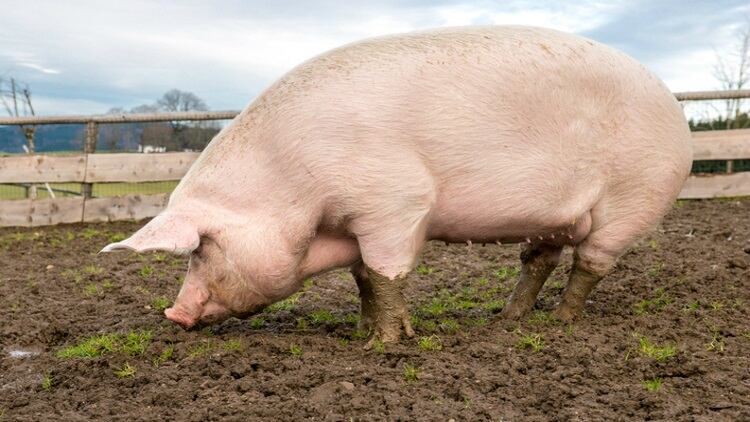In its latest findings, Rabobank said the impact of the disease had grown much larger than first expected and that sizable breeding herd losses will delay the Chinese pork industry’s recovery. It also expects rebuilding efforts to be further complicated by the risk of recontamination, despite available financial resources.
“ASF has spread to every province in mainland China and is now affecting an estimated 150-200m pigs, and the expected 30% loss in pork production is unprecedented,” explained Christine McCracken, RaboResearch senior analyst – animal protein. “These losses cannot easily be replaced by other proteins like chicken, duck and seafood, nor will larger imports be able to fully offset the loss.”
Rabobank warned that neighbouring countries could see similar losses. “ASF spread to Vietnam in February and more recently to neighbouring markets in Southeast Asia. Based on the commonalities with Chinese production, we expect these markets to suffer sizable ASF herd losses (on a percentage basis) and experience similar difficulties in disease containment. Much of Southeast Asia will have difficulty repopulating its herd and securing provisional protein supplies. ASF losses in Southeast Asia will exacerbate global protein shortfalls, adding further upside pressure to global markets.”
It added that the situation will create opportunities for those companies with an exportable surplus and access to China and Southeast Asia. It will also create logistical inefficiencies and raise costs through the entire supply chain.
ASF has already entered Europe: the disease being endemic in parts of Eastern Europe, such as the Baltic States and parts of Poland, and Russia. ASF outbreaks have also been recorded in a number of other countries, including Belgium.
Earlier this week, the National Pork Producers Council in the US took the decision to cancel this year’s World Pork Expo due to fears over ASF.


